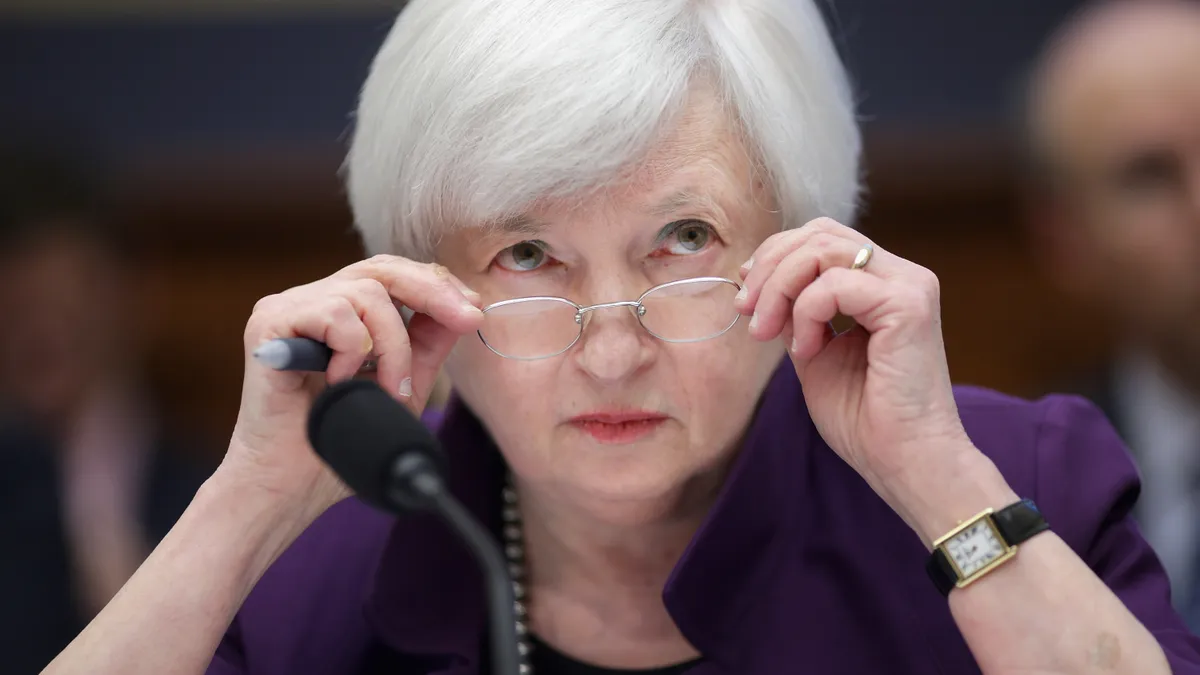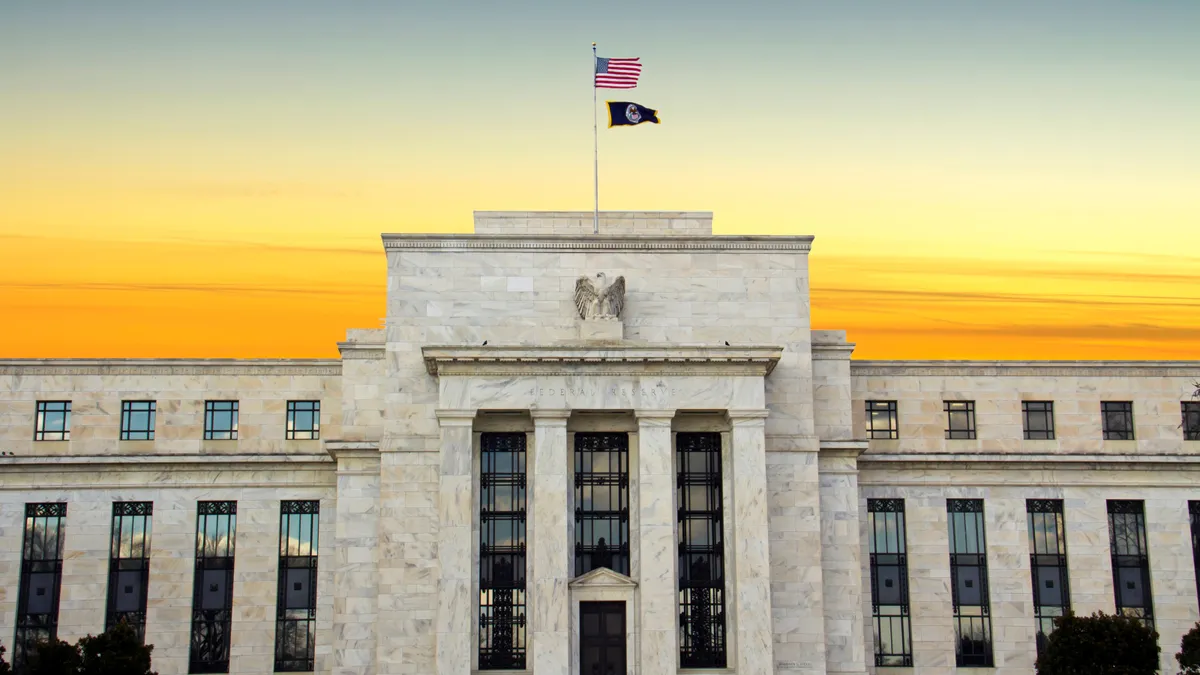UPDATE: Sept. 24, 2021: Democrats have agreed to taper President Joe Biden’s proposed plan to force banks to report to the IRS inflows and outflows on accounts holding more than $600.
“We’ve reached an agreement to not have the $600,” House Ways and Means Chairman Richard Neal, D-MA, said Thursday, according to Bloomberg. The new figure attached to the reporting requirement may be raised to $10,000, a Democratic aide said.
Treasury Secretary Janet Yellen, in a letter this month, took care to note that the target of the tax-collection effort would be the wealthy.
To that end, “You want to make sure it doesn’t hit the unintended. You don’t want to hit people at the lower end,” Neal told the wire service Thursday.
--------
A legislative battle appears to be coming to a head over a move to force banks to report to the IRS inflows and outflows on accounts holding more than $600.
Treasury Secretary Janet Yellen and IRS Commissioner Charles Rettig each wrote letters Tuesday to House Ways and Means Committee Chairman Richard Neal, D-MA, touting the measure as a means to close the gap between taxes paid and taxes owed.
The Biden administration has pushed for increased bank data sharing since at least April, estimating it would generate nearly $463 billion in revenue over 10 years, according to Bloomberg. That money, in turn, could be put toward expanded social safety net and climate-change policies, The Wall Street Journal reported.
In her letter, Yellen took care to note that the target of the tax-collection effort would be the wealthy.
“A reporting regime that is broad-based will better assist the IRS in targeting enforcement priorities on the high-end who accrue income in opaque ways,” Yellen wrote Tuesday. “Any suggestion that instead this reporting regime will be used to target enforcement efforts on ordinary Americans is wholly misguided.”
Trade groups such as the Independent Community Bankers of America (ICBA) and the American Bankers Association (ABA), however, have lobbied against the increased compliance cost the measure would bring for financial institutions, and argued it poses a data security risk and infringes on bank customers’ privacy.
Those organizations are not alone in that viewpoint. More than 140 House Republicans wrote Yellen, Rettig and House Democrats on Monday, expressing concern about potential overreach.
“Not only would such an overly comprehensive IRS database require significant resources to build, maintain, and protect, but it would make the personal financial data of millions of Americans vulnerable to attack,” the lawmakers wrote.
Neal told Bloomberg on Wednesday that parts of the proposal could yet change but didn’t offer specific details. “Those conversations are fluid,” he said. “We’re open to them.”
The House Ways and Means Committee voted 24-19 on Wednesday to approve the revenue-related portions of the move to raise taxes on wealthy Americans and corporations, opening the legislation to House negotiations, a floor vote and further debate with the Senate and White House, Reuters reported.
One detail that could change is the figure attached to the reporting requirement. The Senate is looking at a proposal with a higher threshold than $600, The Wall Street Journal reported, citing anonymous sources.
“We do not know the exact parameters of Congressional proposals, but we expect that they are likely to incorporate a narrower reporting regime than was the basis of the Administration’s information reporting proposal scored by Treasury,” Mark Mazur, the Treasury Department’s acting assistant secretary for tax policy wrote in a memo included with Yellen’s letter. “We suspect the revenue potential of a narrower reporting regime would be lower, perhaps in the range of $200-250 billion over the ten-year budget window.”
Rebeca Romero Rainey, the ICBA’s president and CEO, said the $600 threshold isn’t the core issue.
“The threshold doesn’t really solve for anything because you still have to aggregate it to know whether or not you hit that threshold,” she told The Wall Street Journal.
The trade group, on its website, cites a poll conducted in coordination with Morning Consult indicating two-thirds of voters oppose the IRS proposal and nearly as many don’t trust the agency to monitor financial data.
Yellen and Rettig, in their letters, each posited that the proposal would decrease the odds that compliant taxpayers would be audited.
But Michael Bush, chairman and CEO of Belle Chasse, Louisiana-based Mississippi River Bank, said he is concerned that a requirement for greater data reporting would backfire into negative customer sentiment.
“This is the last thing the banks need, to lose the full faith and credit of their customers because we are reporting everything to the IRS,” Bush told The Wall Street Journal. “Does the government really want to be saying to everyone we think you are tax cheats?”






















